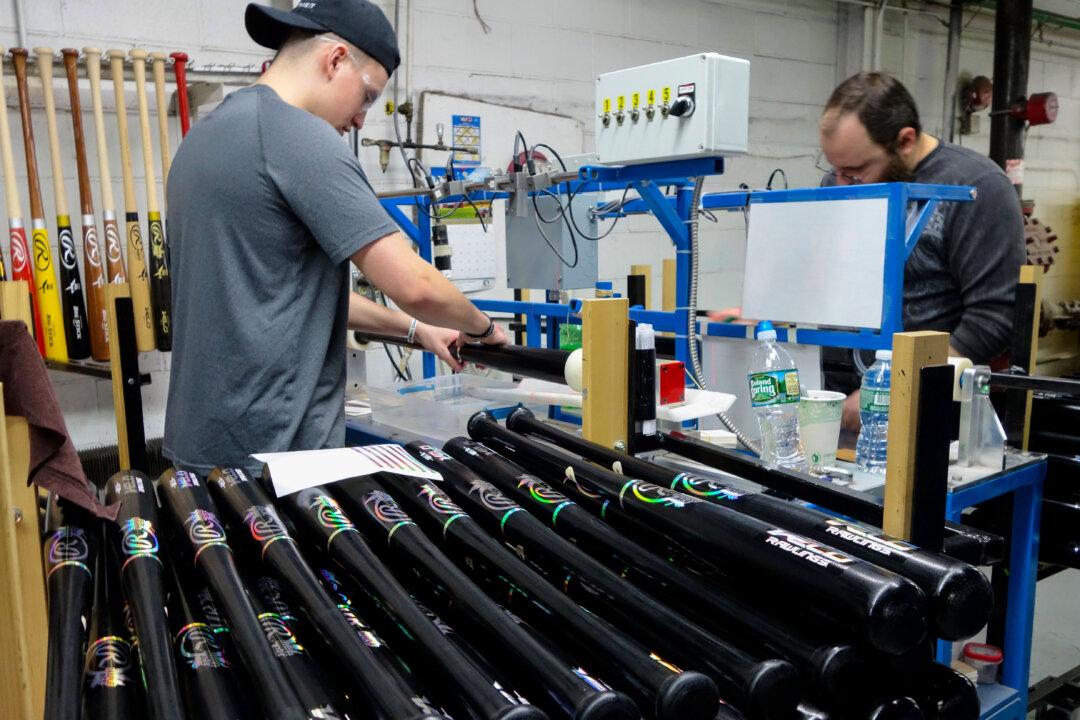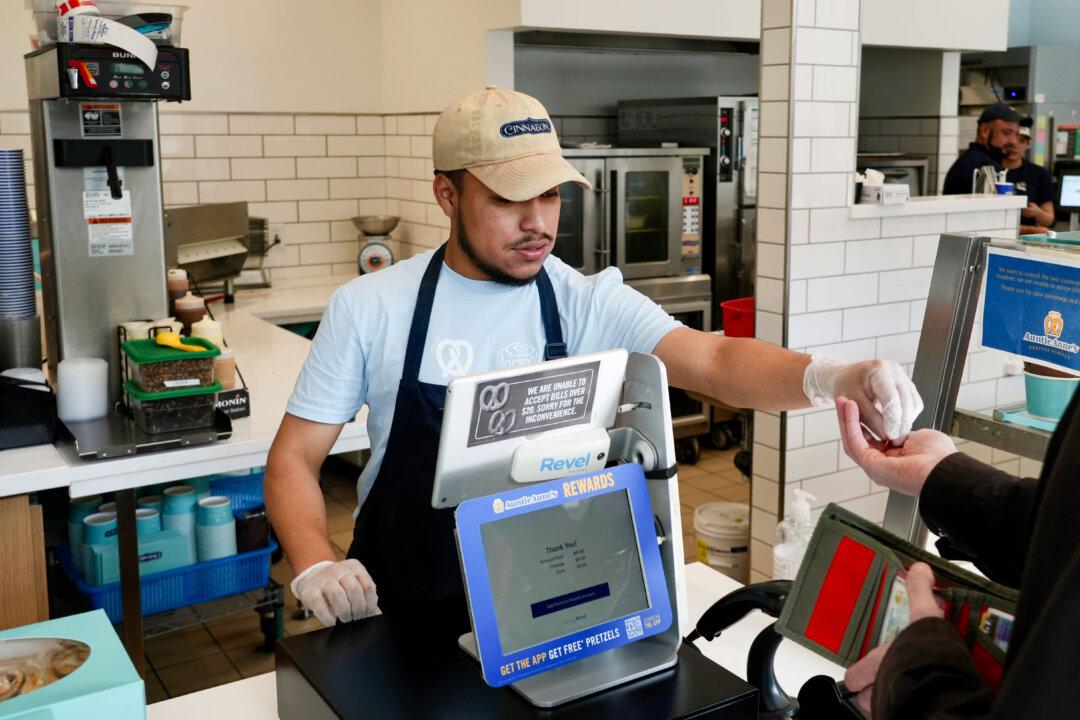In 1952, the New Hampshire state legislature passed a law allowing the state’s voters to not only vote for local delegates but also place primary ballots for presidential candidates as the first in the nation. According to research from the University of New Hampshire, this vote became what state voters referred to as “the beauty contest.” Now the Democratic National Convention (DNC) has voted to take that first-in-the-nation distinction away, and the state’s citizens are mixed on the potential ramifications.
“That would definitely be a huge loss for us if they didn’t keep it [the primary] the same,” Jayme McKenzie of Merrimack, New Hampshire, the general manager of the 101-year-old Red Arrow Diner in Manchester, New Hampshire, told The Epoch Times.
McKenzie, who admitted she’s only been at the diner for 11 of its more than a centennial existence, says the “must stop” destination for political candidates “makes more money and a lot more business.
“We’ve had around 20 candidates here already. The people who come to see them arrive early and they all order breakfast or lunch.”
She says President Donald Trump and Sen. Tim Scott (R-S.C.) were the biggest attractions at the tiny diner this year. “Trump was here in April, which was definitely wild,” she added.
But the attention the state gains for being first in the process may wain in the next presidential cycle. After a recommendation by President Joe Biden to move the New Hampshire primary back because of the state’s lack of diversity, the DNC voted for what they believed was a more diverse state, South Carolina, to hold the first-in-the-nation presidential primary. According to the U.S. Census, New Hampshire is 88 percent white and South Carolina is 62 percent. The United States as a nation is 62 percent white.
“I think in New Hampshire, it’s more complicated [than racial breakouts]. Our voters take their votes very seriously even though our demographics do have a low percentage of people of color,” Kim Schmidl-Gagne, the coordinator for the American Democracy Project on the campus of Keene State College in Keene, New Hampshire, told The Epoch Times.
Ms. Schmidl-Gagne has on numerous occasions been tasked with coordinating candidate visits to the campus and says she’s seen just about “everyone but Trump,” who she said wanted more freedom in choosing who attended campaign events on-campus and elected to use a local high school instead.
But the candidate visits and the attention on New Hampshire voters are only a positive experience for some.
Although Ms. Schmidl-Gagne believes the Keene State students enjoy hearing candidates personally, she’s also had to strategically keep students away from numerous groups on campus who are repeatedly asking them to register to vote. “It’s not the candidates; it’s the numerous organizations that come to campus to register students that cause issues here. If you’re 18 and it’s your first time voting, those students have told us that the whole process has turned them off. We’ve had to find a safe space for them so they can study and not be approached.”
Some business owners are not overwhelmed by the primary experience whether the candidates patronize their business or not. Kirin Kumar owns the Alpine Grove Banquet facility in Hollis, New Hampshire, and hosted Governor Ron DeSantis, who spoke to around 200 people at a town hall earlier this year.
Mr. Kumar said he wasn’t thrilled with the experience. “They just took over. They didn’t want any of my staff there, because they’re so strict about who is there. They just used the space. They came in, set up, cleaned up, and left,” he said. “I think this whole thing [the primaries] is just a bother for some people.”
Heather McKernan, since 1995 the publisher of the weekly Monadnock Ledger-Transcript in Peterborough, New Hampshire, disagrees. “It’s a real novelty for people here. The people who are interested in politics or what’s happening in the country and democracy are pretty engaged. It’s not a hardship for them,” she told The Epoch Times.
“Especially when we get a big candidate in town, word travels quickly and people definitely turn out.” She added that the biggest turnouts she’s seen during her years in Peterborough were Sen. John McCain and President Barack Obama.
But this primary year, when it’s the Republicans turn to flock to New Hampshire, the Red Arrow Diner has even hosted a Democrat or two, including Robert Kennedy, Jr., who stopped by to grab breakfast. But according to the Red Arrows’ Ms. McKenzie, the Republican politician who has stopped by the restaurant the most isn’t even a candidate. “We’ve had [Senator] Lindsey Graham here a lot. He’s always campaigning for somebody.”





